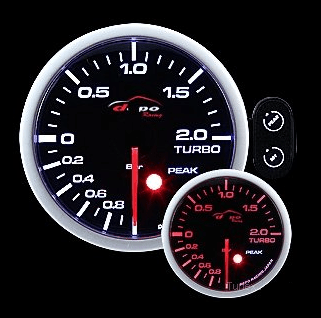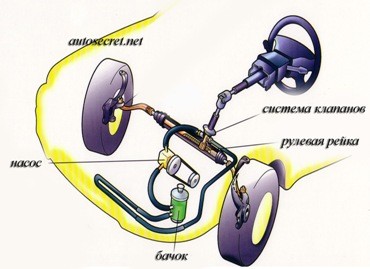
What sensors do all cars have? And what are the extras?
Professional mechanics agree that one of the most important developments in recent years is the increasing use of sensors to monitor mechanical systems. These sensors are responsible for continuously recording data and transmitting this valuable information to the ECU. The advantage for mechanics is that they don't have to rack their brains to figure out what's wrong with the car - the ECU's ability to store sensor trouble codes makes this data easy to retrieve.
Typically, when a sensor detects a problem, it will generate a trouble code that will be stored in the ECU until a professional mechanic completes a diagnostic scan. Once they download the stored codes, they can pinpoint the source of the code and make the correct repairs. The use of sensors has increased the capabilities and reliability of vehicles, but not all sensors are present in every model.
Common sensors on all vehicles
Some sensors are standard and may even be required by law. For example, oxygen sensors are needed to monitor exhaust emissions and reduce pollution.
ABS sensors are required for the ABS system to work. They tell the system when a wheel is spinning incorrectly to help prevent a problem before it occurs.
Throttle position sensors monitor the accelerator pedal and applied pressure and compare it to the amount of fuel supplied to the engine.
The mass air flow sensor is used in all multipoint fuel injection systems. It controls the amount of air to maintain the correct fuel/air ratio for optimal performance.
Manifold absolute pressure (MAP) sensors help ensure the correct ignition speed. This is another sensor that is essential to keep your vehicle running.
Crankshaft position sensors are essential in any vehicle without a distributor. This helps control the ignition timing.
Additional Sensors You May Consider
When you are about to buy a car, you need to know that some sensors are not standard on all models. Otherwise, you may be disappointed when you drive home with your new car. There are some new sensors that are considered upgrades or available in premium car packages, while others can be added as an option. In many cases, these sensors will require additional components to function, so be sure to check with your dealer about any additional items you need to install.
Tire pressure sensors are becoming more common, but not every model has them. They monitor tire pressure and tell you when more air needs to be added.
Parking sensors are also optional. Backup cameras are now required, and sensors may be one day. As the cars compete for a five-star safety rating from the National Highway Traffic Safety Administration, manufacturers add them to more models. They beep when obstacles approach your vehicle and can be seen from the rear or front of some models.
While every car, truck, or SUV has a maintenance program that must be followed, sensors are usually not listed in those programs. It's always a good idea to have a professional technician from AvtoTachki check important sensors when they complete your vehicle's scheduled maintenance; because proactively replacing damaged or dirty sensors can save you a huge amount of time, money, and reduce the frustration of car breakdowns.

